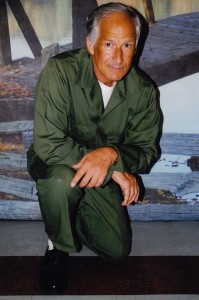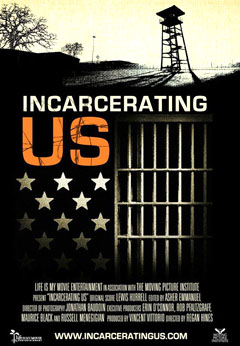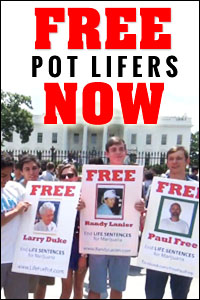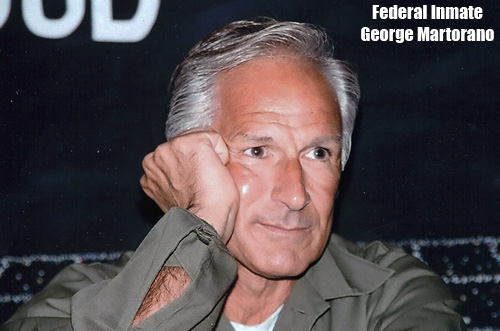
George Martorano is serving Life Without Parole for Marijuana
On October 5, 2015 George Martorano was released from prison after serving 32 long years in federal prison!” CAN-DO’s Amy Povah talked to George on 10/7 and heard all about his first meal of every Italian dish he ever loved, prepared by loving nieces, sisters and family members. “I had my first bath in 32 years,” said George. It was great to hear him laugh and hear all about his freedom day! We salute his endurance because it took incredible fortitude for George to overcome the stigma that “justice” wanted to impose on George and all other prisoners.
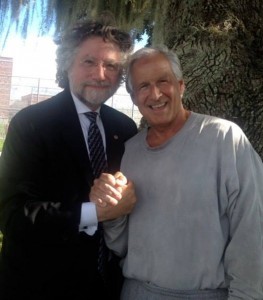
George and his attorney Theodore Simon the day of his release.
George Martorano, #12973-004
Offense: Convicted of operating a Continual Criminal Enterprise (importing drugs/mostly marijuana)
Sentence: Life Without Parole – Natural Life
Incarcerated Since: 1983
Date of Birth: 12/21/1949
Family: 1 daughter, Francesca, and 1 son, Raymond (deceased)
Presently Incarcerated: FCI Coleman, Medium Satellite Camp
Priors: None
Why commutation: George has been an exemplary inmate. A prolific writer, he now published over twenty written works depicting life in prison as well as life on the outside. He teaches reading and writing, yoga, and even counsels suicidal inmates. He has a spotless prison record without an incident of violence in all of his years in America’s toughest jails. George’s website best outlines his countless accomplishments and even heroics while in prison.
Post Release Plans: If George is released, he plans to help educate young men who are on the wrong path in life, much as he done all along from the confines of prison.
About George’s Case: After being caught with a truck of marijuana, George was sentenced to life in prison without the possibility of parole. This was in 1982, when the War on Drugs had strong momentum. Other people who had committed similar crimes received a maximum of twenty years. Manuel Noriega, contrasted with George, is one of the most infamous drug traffickers of all time, yet only received a forty year sentence–with the possibility of parole.
So why was such a harsh sentence handed to George Martorano? We believe that in the prosecution’s effort to send a message to George’s father, Raymond “Long John” Martorano, an alleged mafia figure, he was given the maximum sentence allowed by law; life with no parole. Because he remained silent, they “locked him up and threw away the key,” put him in solitary confinement for four and one half years, and kept him in America’s most notorious prison: Marion, which is completely underground.
Then George began to write. He wrote and published a book about growing up in the old Italian-American neighborhood in Philadelphia, “South Philly.” He now has over twenty works depicting life in prison as well as life on the outside. He teaches reading and writing, yoga, and even counsels suicidal inmates. He has a spotless prison record without an incident of violence in all of his thirty-two years in America’s toughest jails.
The prisons are overcrowded with non-violent drug offenders who are “warehoused.” Why should this clearly rehabilitated man be kept in jail until the day he dies?
Getting to Know George Martorano
We asked George Martorano a series of questions to help everyone get to know him better, Here’s what he said:
What meal or food do you crave most that you will want to eat when you get out?
Lobster
Who are your favorite authors?
Emile Zola, Cormac McCarthy, W. Sommerset Maugham
Prefer winter or summer?
Winter
Nocturnal or morning person?
Morning
Coffee or tea?
Coffee
Do you prefer to be near a lake or ocean?
Ocean
What is your favorite sport?
Football
Favorite team/athlete?
The Philadelphia Eagles
Favorite movie(s)?
Lawrence of Arabia
Favorite TV show(s)?
Seinfeld
Favorite song(s) and/or musical artist(s)?
House of the Rising Sun by The Animals
What is your favorite color?
White
If you could walk out tomorrow and go anywhere – where would it be and why?
My son’t grave, as I have never been able to visit there.
If you could travel to any country – where would it be and why?
To Sicily to see my picture that was placed in a cave there many years ago during a Catholic ceremony.
What do you most want people to understand about being incarcerated that you don’t think they understand?
The struggle for hope, the struggle for dawn.

